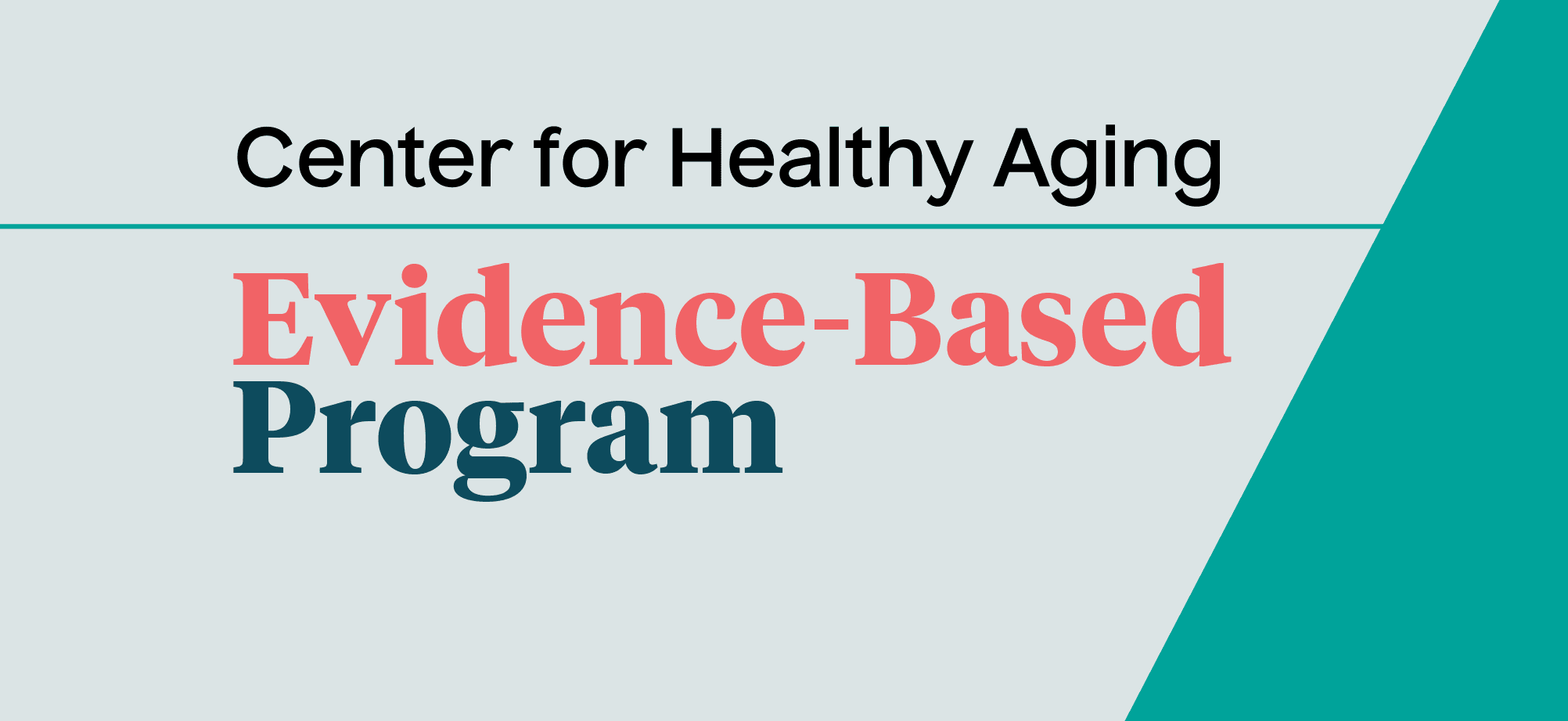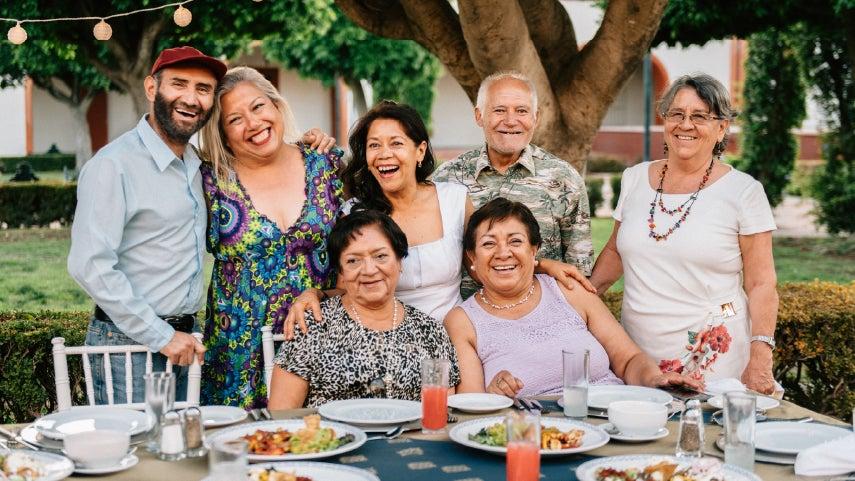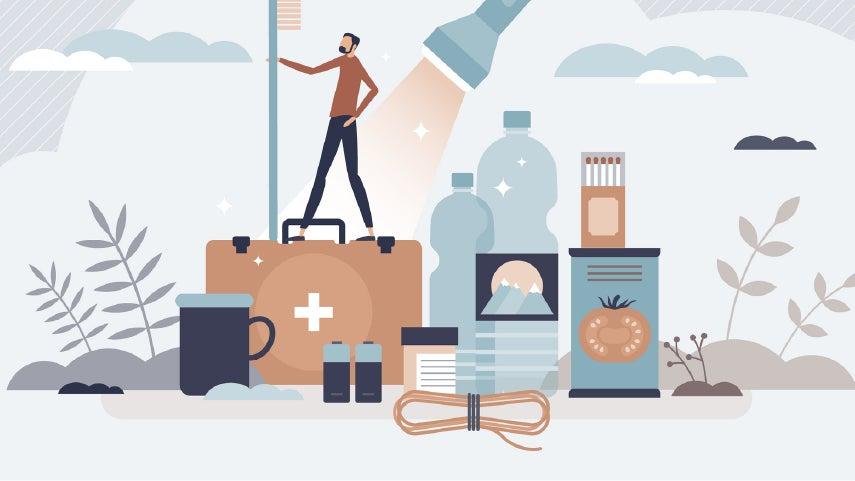Evidence-Based Program: PEARLS (Program to Encourage Active, Rewarding Lives)
2 min read

The Program to Encourage Active, Rewarding Lives (PEARLS) educates older adults about what depression is, and empowers them with new skills for living healthier, happier lives. PEARLS participants can also improve social isolation and loneliness. PEARLS is integrated into community-based organizations with trained coaches/counselors helping older adults address their mental health needs through problem-solving, activity planning, and connections to additional services within the same organization or others. PEARLS also allows for coordination with an older adult’s health care providers. PEARLS is adaptable to various community needs and helps expand access to care for communities often lacking access to mental health care, such as linguistically diverse communities of color and rural communities. The program was designed in collaboration with the organizations that deliver it, validated in partnership with the communities who use it, and adaptable to the people who need it.
- Target audience: Older adults with depression
- Health outcomes:
- Reduce symptoms of depression
- Improve health-related quality of life
- Reduce social isolation and loneliness
- Lower inpatient hospitalizations and nursing home stays
“All these skills helped me realize I can have a life I enjoy. Before PEARLS, I did not see beyond a day.”- PEARLS Participant
- Delivered by: One Trained Facilitator, including social workers/mental health therapists, community health workers, social work graduate students, case managers, peer support specialists, coaches, nurses
- Program type: Individual
- Format: In-person at home, in-person in community, telephone or remote (video conference, e.g. Zoom)
- Length: Six to eight 50-minute sessions over the course of approximately 19 weeks
- Training:
- Remote (on-demand + live practice)
- In-person training is available - please contact us for more specifics
- Remote Trainer Training is also available for qualifying coaches/counselors
- Professional required:
- For supervision: Regular clinical supervision by a psychiatrist, geriatrician, clinical social worker, psychiatric nurse practitioner, or other expert in older adult mental health, chronic conditions, and medications.
- Clinical supervision may be provided by more than one professional.
- PEARLS coaches/counselors have a variety of education, experience, and backgrounds.
“The UW Health Promotion Research Center partnership provides accessible, non-judgmental support and expertise. They engage and brainstorm with us on ways to reduce barriers to offerings in our rural communities.” -PEARLS Facilitator
- Accessibility adaptations available: Yes. The program can be delivered to persons with physical, hearing, visual, or sensory limitations, or with mild cognitive impairment. Organizations use existing materials for these populations and adapt as needed (e.g. provide picture reminders about action plans). We are currently working with an organization to create materials for people who are blind. The program is not appropriate for persons with significant cognitive impairment.
- Cultural adaptations available: Yes. Organizations have adapted PEARLS for different cultural groups including linguistically diverse persons of color, immigrants and refugees. Adaptations include both for content (e.g. translated materials, culturally relevant physical and pleasant activity ideas) and context (e.g. training trusted community health workers to deliver PEARLS). We discuss what adaptations are appropriate on our monthly technical assistance calls and are happy to connect organizations to PEARLS organizations serving different cultural groups.
- Available in languages other than English: To date, PEARLS has been delivered in the following languages: Amharic, Arabic, Cantonese, Chuukese, English, Gujarati, Hindi, Ilocano, Khmer, Korean, Koresrean, Mandarin, Marshallese, Punjabi, Russian, Soomaali/Somali, Spanish, Tagalog, Ukrainian, Urdu, and Vietnamese. PEARLS materials have been translated into Spanish, Russian, Mandarin, Somali by community partners that reach linguistically diverse communities and are available upon request.
- Data collection: We annually ask organizations to report numbers reached but this is not required.
- Topic(s):
- Behavioral Health
- Physical Activity
- Additional Resources:
- Contact: uwpearls@uw.edu

